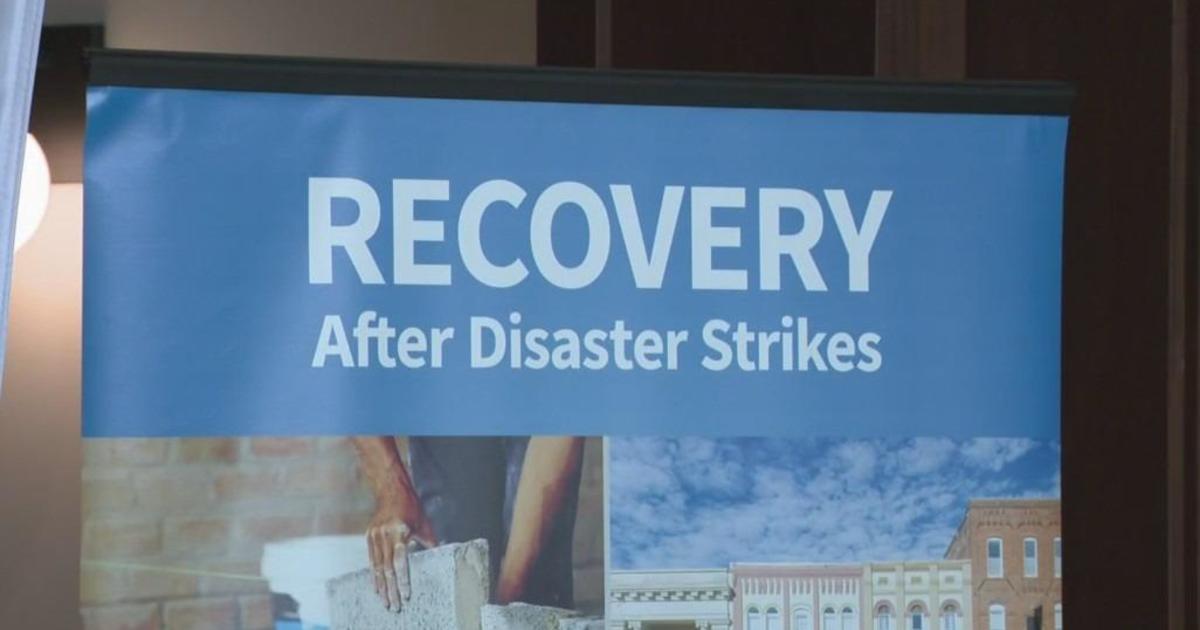Amateur Archaeologist Helps To Unearth History
WALKERSVILLE, Md. (AP) -- When George Evans was a boy, he would sometimes ride his bicycle to the Best Farm and ask the property owner if he could look around for artifacts.
He found Native American tools as well as a 1789 Connecticut coin on the property.
A Walkersville resident, Evans, 70, is once again helping to unearth history at the site, now owned by the National Park Service as part of Monocacy National Battlefield. Evans is one of several volunteers assisting with archaeological digs on the land. The most recent uncovered one of the largest known slave villages in Frederick County, part of what was the Hermitage plantation.
"It's been neat," Evans said. "I'm helping to bring this lost knowledge back. It gives us a little more sense of history for Frederick County."
Evans was also involved in the discovery of the Middle Ford Tavern on the Monocacy Battlefield property. The tavern, where a number of British coins, dishes and other artifacts were found, dates back to the mid-18th century and was associated with a ferry that crossed the Monocacy River. Maryland law required all ferry operators to provide food and lodging for travelers.
"It wasn't a real big place, but they must have had some high-end clients, because the glassware we found had these nice narrow stems like wineglasses," Evans said. "It wasn't just a place where the locals went to get drunk."
Evans has worked on a number of other digs throughout the area, many of which were related to Archaic sites, dating back more than 10,000 years, and related to Woodland Indian sites.
He was also one of the first volunteers allowed to assist at Jamestown, Va., the first permanent English settlement in what is now the United States. He said he was visiting the park when he happened to see one of the archaeologists working on something.
Evans asked how they avoided disturbing nearby graves while they were digging.
"He said, `How did you know there are graves here?"' Evans said.
After explaining what he had learned from his involvement in other digs, Davis asked if they were accepting volunteers. The archaeologist said it wasn't policy, but asked him to send a resume detailing his experience.
"He sent me a letter back and said, `You can come down whenever you want,"' Evans said. "And I've been going back ever since."
In April, he plans to spend a week volunteering at Jamestown. Evans said he wanted to be an archaeologist from a young age, but ended up going into the Navy before working in the shipyards in Brooklyn, N.Y., and later as a technician at the National Institutes of Health and National Institute of Standards and Technology.
But Evans said he's glad to be able to finally live out his boyhood dream, even if he isn't getting paid.
"I like the idea of holding something that no one has touched in some cases in more than a thousand years," he said. "I have a passion for it and I really enjoy it."
(Copyright 2011 by The Associated Press. All Rights Reserved.)



